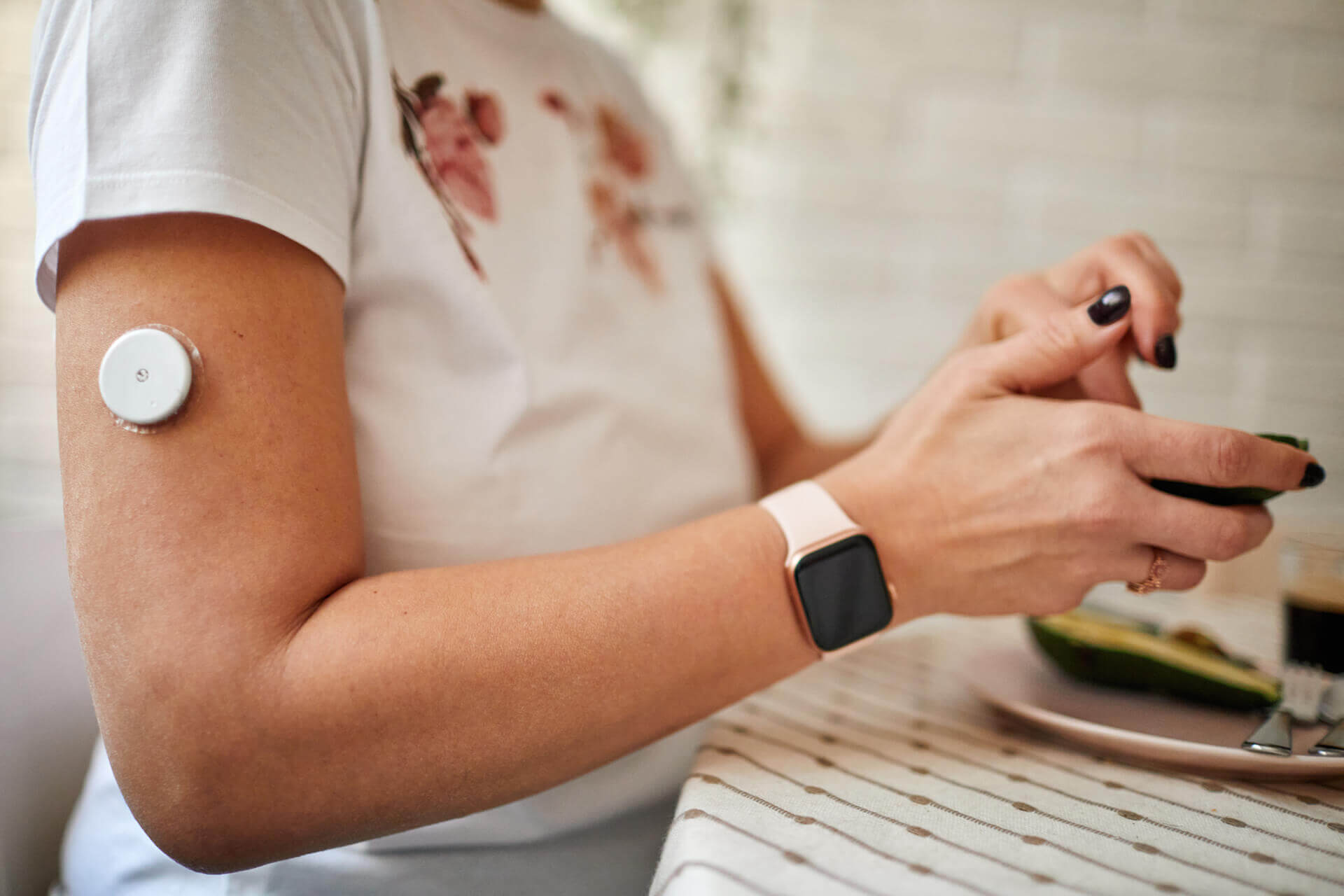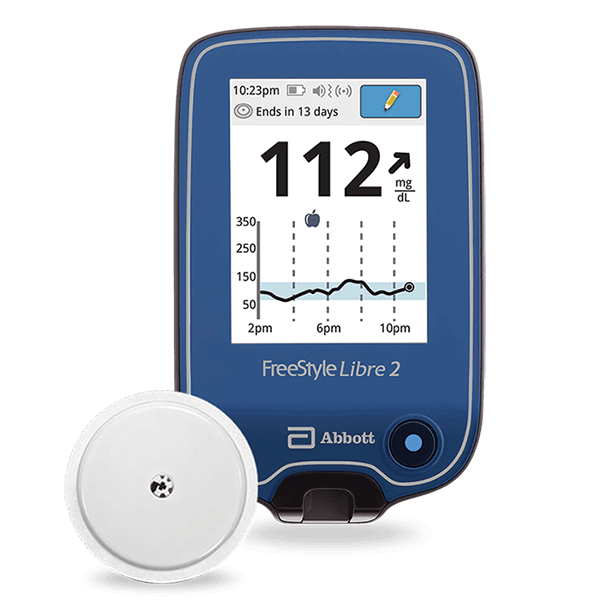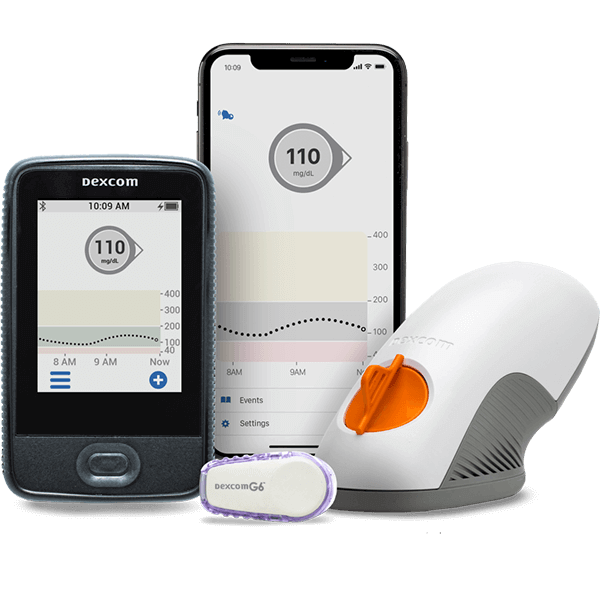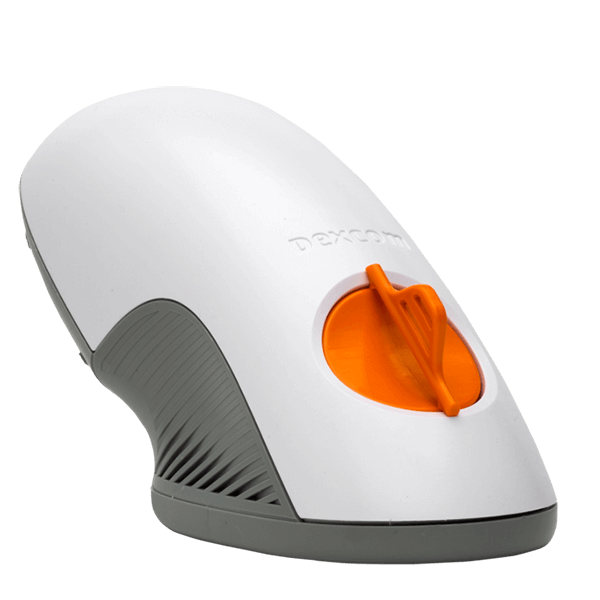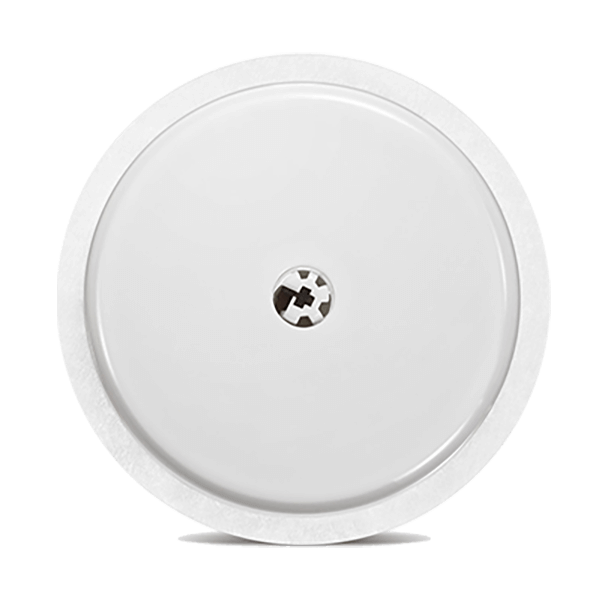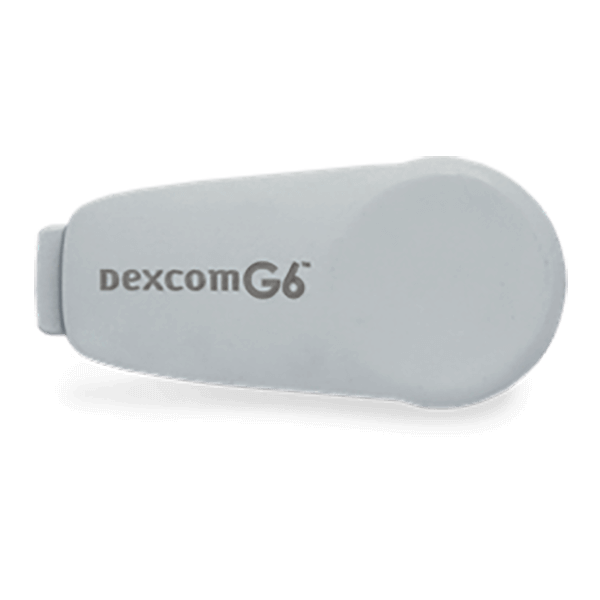Continuous Glucose Monitoring (CGM) provides a more comprehensive understanding of your diabetes levels, which could also contribute to healthier lifestyles choices and blood sugar control. Did you also aware that there are various methods for testing and monitoring your sugar levels? Glucose levels can be measured using several ways, such as a blood glucose meter and test strips, or a continuous glucose monitor, which uses provides you a smart model? We will get into the details of continuous glucose monitoring in this article.
What is continuous glucose monitoring?
Continuous glucose monitoring (CGM) devices check glucose levels after a few minutes, 24 /7 hours a day. It utilizes an automated pulse generator to insert a microscopic detector beneath your skin on your belly or arms. The sensor detects intercellular glucose that is present in the fluid between cell lines. You could have your glucose level at a moment’s notice at any point in time. You can also look at how your glucose levels fluctuate over just a few hours or days to determine if there are any abnormalities. Monitoring your glucose levels in real-time can show you how to make more accurate predictions about how to manage your meals, physical fitness, and medications throughout the whole day.
What are the advantages of using CGM?
A blood glucose monitor simply gives you a quick overview of your blood glucose level at one particular moment in time. CGM can provide vital information at critical periods during the day, such as before and during exercise, before driving, before taking a test/exam, during resting, exercising, showering, and so on, as well as at midnight.
Is CGM worth it?
CGM is particularly useful for those who:
- Have quite a lot of low blood glucose levels in their body
- Would like to lower their Glycosylated hemoglobin targets without increasing the number of low incidences.
- Have wildly fluctuating blood sugar levels
How to use CGM?
Regardless of how well you manage your blood sugar levels with an insulin pump, different treatments, oral hypoglycemic agents, or nutrition and lifestyle, aptivamedical offers CGM product lines and insulin pump devices that provide you, your nearest and dearest, and medical professionals with the information you need to control and trace your hyperglycemia on your aspects. Your doctor may recommend you to use a CGM system together all time or simply for a few days to assist you to adapt your diabetes treatment strategy.
CGM Brands
The majority of the specifications on each product’s CGM are the same. However, some characteristics may be more relevant to you than others, therefore it is worthwhile to carry out a quick comparison of the four major CGM manufacturers.
Abbott: Abbott was developed in 1888. The FDA has approved its CGM in 2008.
Dexcom: It was formed in 1999 and was the second firm to get its CGM approved by the FDA in 2006.
Future of CGM Technology:
As CGM capability evolves and innovative CGM companies enter the industry, it’s an interesting time for diabetics manufacturing and development. Scientists look forward to building longer-lasting devices as well as additional mobile phone connectivity and functions for CGMs. Diabetic Forecasting provides an overview of several next-generation diabetes medications in the future.

